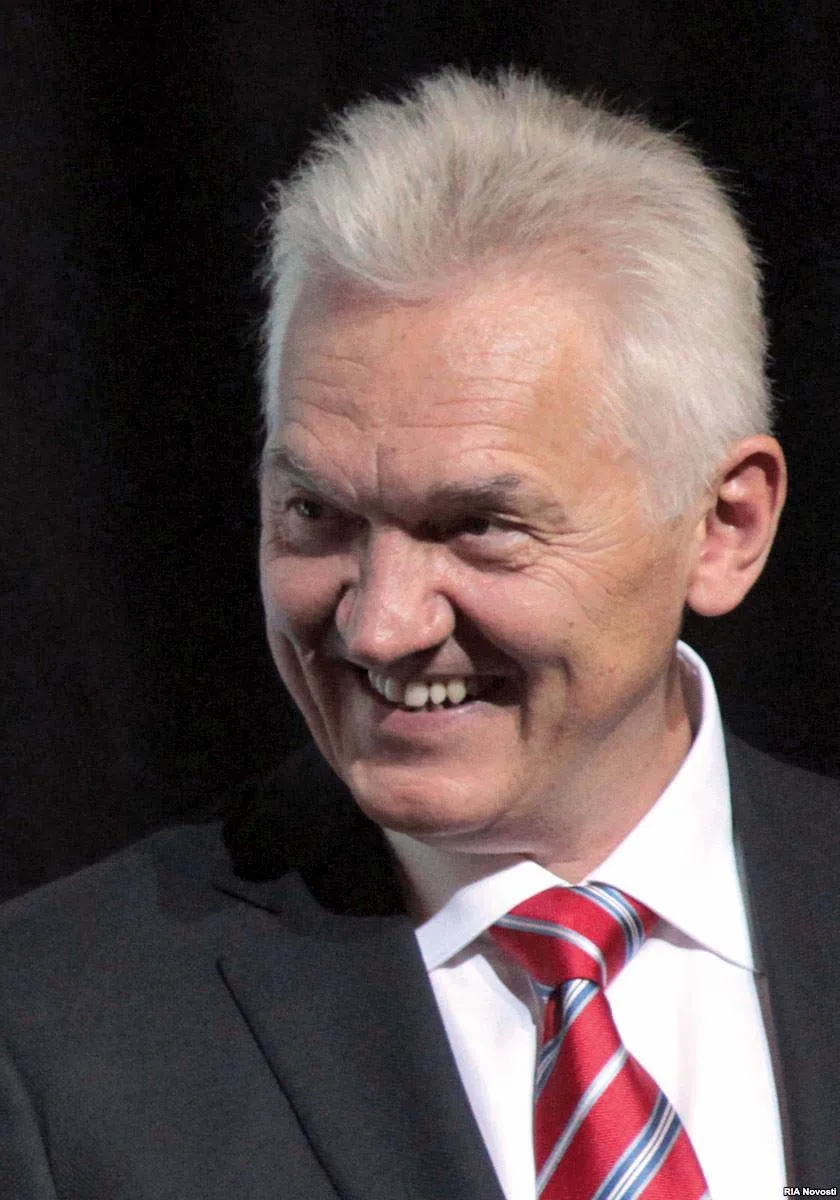The
Within the FY2013 total, a $1billion increase is proposed for passenger rail while funding for the airport improvement programme would be cut almost $1billion, based on a proposal to eliminate federal funds for large airports. Modest increases are proposed for most other modes and programs, basically tracking inflation.
Meanwhile for surface transport, including highways, public transportation, passenger rail and highway safety, the Obama Administration proposes a six-year, FY2013-2018, investment total of $476billion. This includes $305.3billion for the federal highway programme, $107.8billion for the public transportation programme, $47.1billion for passenger rail, $3.4billion for a new National Infrastructure Programme, and $12.4billion for highway safety programmes.
In addition, the Administration proposes $15.2billion for the Federal Aviation Administration in FY2013 plus $1.7billion for other U.S. DOT agencies. The FY2013 budget also advocates an additional $50billion investment in the current FY2012 to jump-start transport improvements and add jobs, titled ‘Immediate Transportation Investments.’ This proposal for a large one-time injection of federal transport investment in FY 2012 was also a significant element of last year’s budget submission, but was not approved by Congress and is, according to Hank Webster, editor of the American Road & Transportation Builders Association (ARTBA) publication Washington Newsline Plus (WNP), not likely to be acted on this year.
Writing in WNP, Webster said: “While this year’s $476billion for a six-year surface transport reauthorisation bill appears to be significantly less than last year’s $556billion recommendation, last year’s total also included the proposed $50billion for the Immediate Transport Investment and $30billion for the National Infrastructure Bank, which is not in this year’s reauthorisation proposal. When the last two items are subtracted from last year’s $556billion total, the amounts recommended for investment in surface transport are the same.
“In a major difference from last year’s budget, the Administration this year has identified a funding source for its proposed investments in highways and public transport — budgetary savings resulting from the winding down of the wars in Iraq and Afghanistan. The budget proposes a general fund transfer of $38.5billion into the Highway Trust Fund in FY 2013 based on this proposal, and a total six-year transfer of $231billion. Last year, the Administration simply offered to work with Congress to identify the resources needed to finance its proposal.
“In another major difference, the budget for FY 2013 no longer includes a recommendation for or any discussion of a National Infrastructure Bank. Instead, the budget recommends creation of a National Infrastructure Investments programme, which would provide $3.4billion over the six-year reauthorisation period for capital investment in virtually all surface transportation modes, similar to the Transportation Investment Generating Economic Recovery (TIGER) grant programme under the







